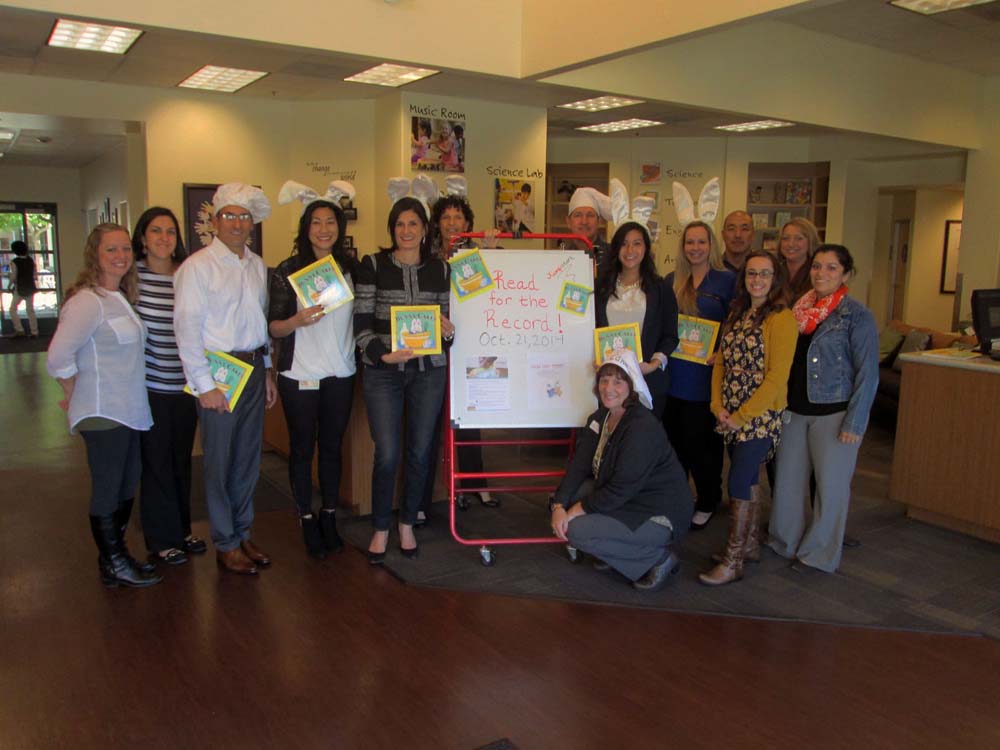The following post comes from Lucy English, Managing Director of Institutional Research at Horizons Workforce Consulting.
Mary Ann Mason recently took to The Chronicle of Higher Education to put out a call to level the playing field for women in academia. She says institutions must follow four reforms to help change what the findings of her recent study demonstrate and what she calls a "disheartening pattern" -- simply put, "family formation damages the academic careers of women but not of men." This continues to be a timely conversation. It's no surprise that I left academia when I started my family -- pregnancy discrimination that almost cost me tenure? Check. Lack of child care? Check. Unofficial summer maternity leave policy that conflicted with actual baby delivery date? Check.
A Flawed Approach to Culture
Higher education historically hasn't done a very good job in this department. What I've seen over and over is a "we take family situations case by case" approach. This is said with pride and a sincere belief that this customization is kind and advantageous to all. But it isn't. What happens when you take faculty's family situations case by case?1. Decisions about leaves, course loads and other accommodations for starting a family (or caring for a special needs child or adult or an elder) vary drastically by department or school because chairs and deans all approach these issues differently.
2. Faculty can't plan for the future because they don't know what kind of "deal" they will get.
3. Planning for resourcing departments with faculty on leave suffers due to the lack of clarity.
4. Some people don't ask for what they need because it feels like a special favor and not everyone feels comfortable asking for accommodations that are not guaranteed in a policy.





